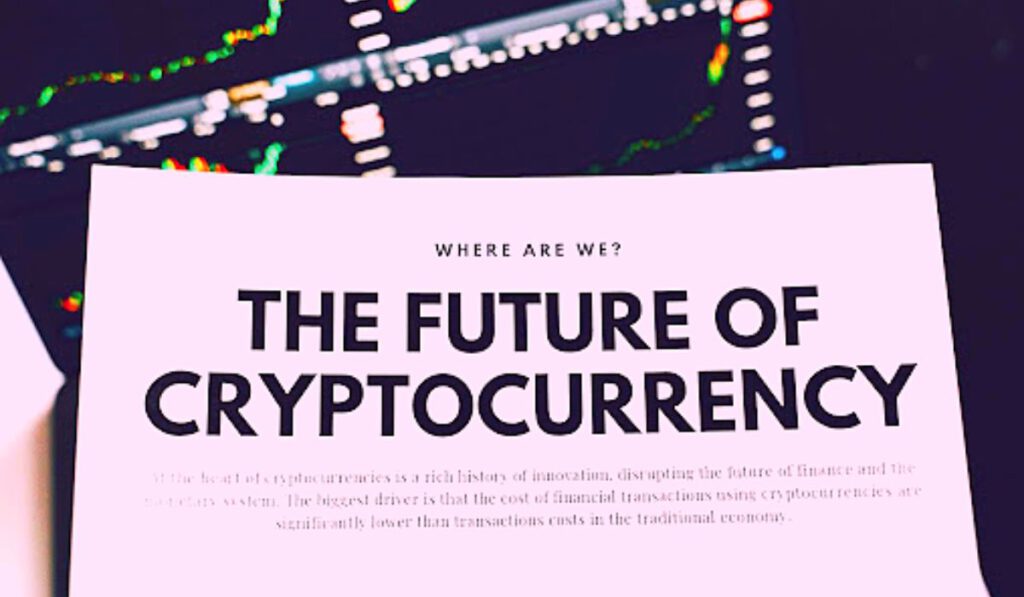CoinPipe is riding the wave of adoption when it comes to crypto payments. Not only does it make it possible for businesses to implement new payment methods but also unlocks new areas for growth for these businesses by allowing them to tap into new markets and provide superior customer experiences.
Today, we are talking to Alex Gorshkov, CoinPipe Founder, on a range of topics spanning from the current market sentiment, building in the bear market, crypto regulation, and more.
Bear Markets Are For Building
“We shouldn’t be afraid of the current market slowdown. After all, we’re not going through this for the first time. Bear markets are just regular cycles that offer huge opportunities on the other hand. If this is your first bear market, then you should either accumulate more tokens or build. We went for the second option. The CoinPipe team has been building for the past couple of months harder than ever, and we are hoping to be one of the catalysts for the next bull run.”
Regulation May Push Crypto Adoption Further
Crypto regulation is one of the biggest challenges for authorities. The more crypto evolves, the bigger the need for monitoring and enforcing restrictions by the regulatory bodies will be.
Also, it is highly likely that countries will create central bank digital currencies. Take Britain as an example. The UK Treasury aims to legalize stablecoins – USDT and USDC.
 
 
Institutional interest in crypto may be that extra push we need to switch to using crypto for regular payments. Regulation would bring clarity to many people interested in crypto but still not buying for the same reason (lack of regulation) and attract millions of investors to the space. There is also a chance that cryptocurrencies will become even more popular in countries that are under international sanctions.
On the other hand, China banned cryptocurrency and mining but remained open to using different variants of blockchain technologies, such as NFTs. In short – there are legalized variants even in countries where cryptocurrencies are allegedly banned.
The EU will 100% strengthen crypto regulation in the coming months or years, too. Speaking of the EU, the Parliament is drafting an amendment that should require user verification for non-custodial wallet users to prevent money laundering.
Non-custodial wallets are super tricky to regulate, plus – they still have a lot to do with on-ramp solutions and exchanges. Banning or limiting these solutions, we’d be only able to buy crypto via offline crypto machines.
However, offline crypto machines can still mark addresses, and for state authorities, it’s not hard at all to figure out who these addresses belong to and limit their access to crypto services. Let’s just all hope that things like these won’t happen.
Users Are the Core of Mass Adoption
Although we need institutional investors and end-users to open themselves up to crypto, end-users seem to be the driving force of adoption. The more people want to start paying for goods and services in crypto, the more prominent players will start looking for ways to make this possible.
We are already witnessing that some cafes and restaurants are accepting crypto payments. In the next 5 to 10 years, paying in crypto would probably become a way of living. One of the facts that prove this claim is that Mastercard and Visa are already paving the way for cryptocurrencies to be used as regular payment instruments.
It’s still of great importance for banks and exchanges to finally approve crypto, making even more people see cryptocurrencies as something normal.
There’s El Salvador as one of the best use cases out there. The plan is to onboard the entire population of El Salvador to start either accepting or paying in Bitcoin. It is already happening since 20% of businesses and the population in El Salvador are using crypto as a regular medium of exchange.
Millions of people started using crypto shortly after the first sanctions were applied. Instead of sticking to that negative attitude towards crypto, they now use it almost daily. They don’t think it is a bubble, a tool for illegal transactions, or a Ponzi scheme anymore, and that’s just great.
NEAR Is the Future
Although NEAR is maybe still not widespread enough, it is undoubtedly technically more interesting and advanced than some of its direct competitors such as Solana or Avalanche. Enormous amounts of money are invested in the building of marketplaces, games, and new tools on the NEAR ecosystem. The more money is invested, the more crypto enthusiasts get interested, and the better solutions are delivered – that’s just how things go.
CoinPipe Is an Adoption Booster
CoinPipe has one goal in mind – to make crypto payments smooth and easy. We talked to numerous small and medium businesses and figured out that the lack of confidence in crypto, as well as the lack of knowledge and information about the entire space, pose the biggest obstacles to adoption. Business owners are currently suspicious about crypto payments and are not willing to take risks mainly because 1) we are going through a global financial crisis and 2) due to the bear market.
But beyond this, people from countries like Austria or Germany are also more conservative and still put more trust in their countries’ financial systems rather than being open to innovations and technologies. People living in countries where the financial system is unstable tend to be more willing to try new things and here, adoption will run much smoother.
Aside from that, the market is still forming, and it’s easier to find prospects online than offline. The adoption is already happening in the online world, and we believe that crypto payments will sooner than later become something usual.
CoinPipe is, either way, working on solutions that can make it possible for businesses to accept payments in crypto but also on loyalty and cashback programs, staking options, and more. This all should create a greater bond between customers and businesses and contribute to greater adoption.


